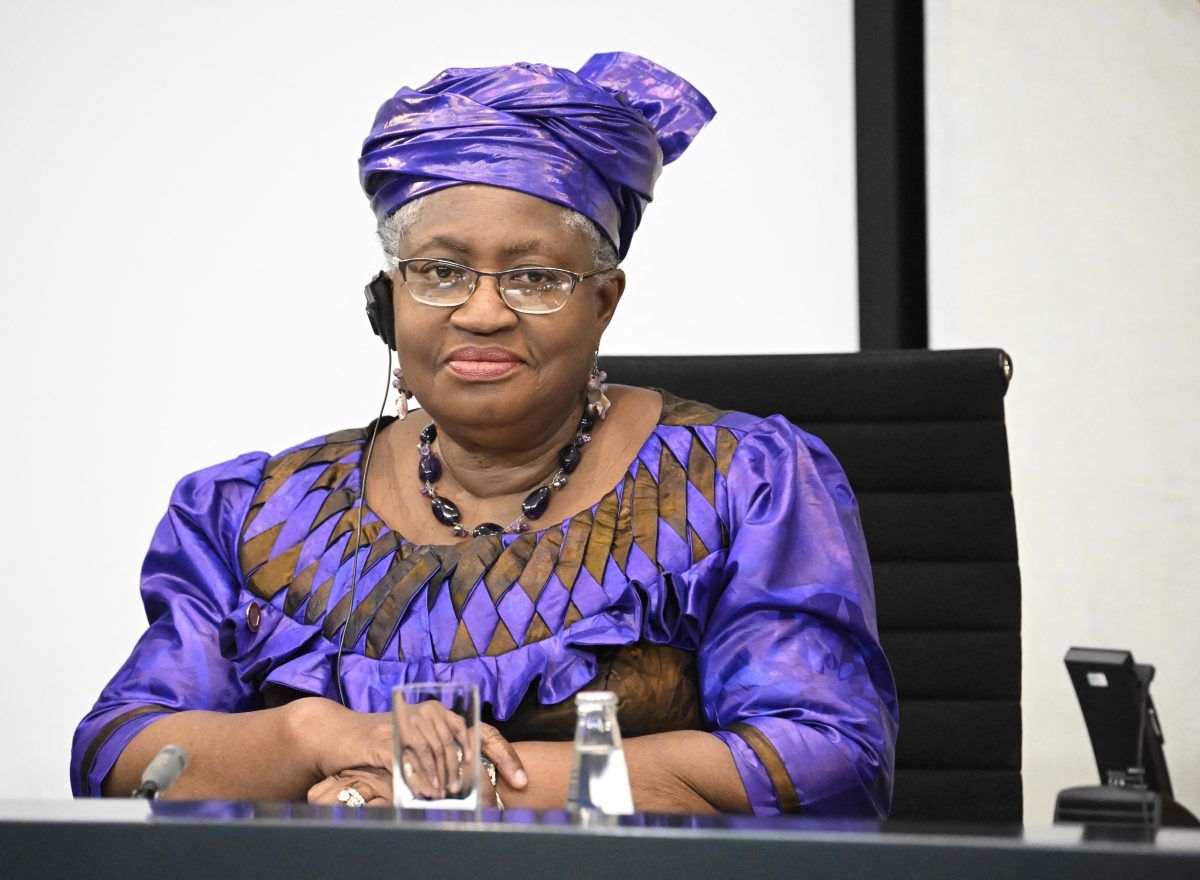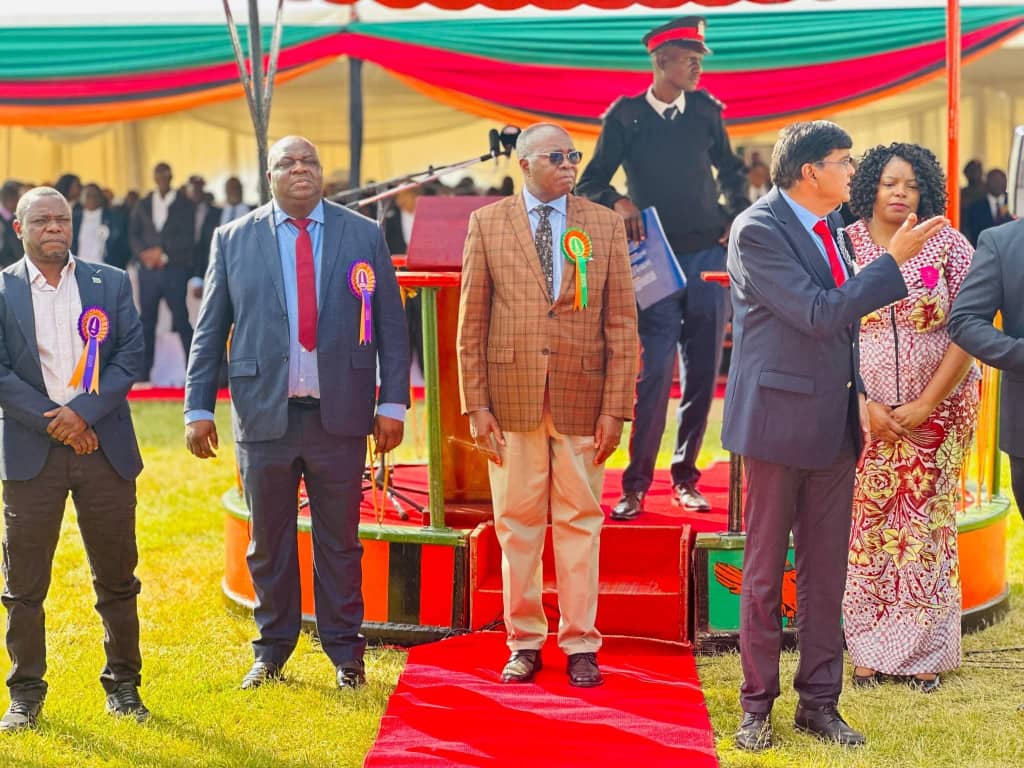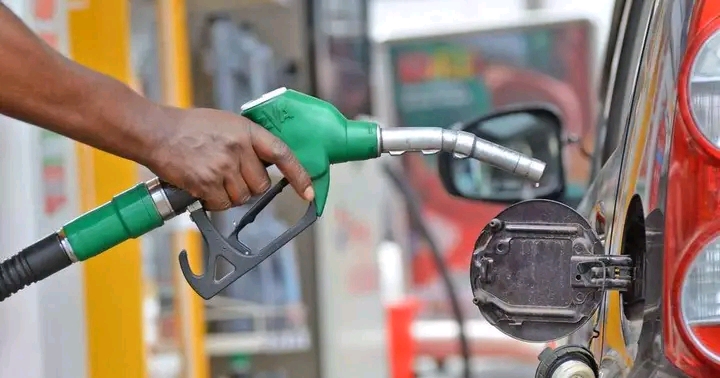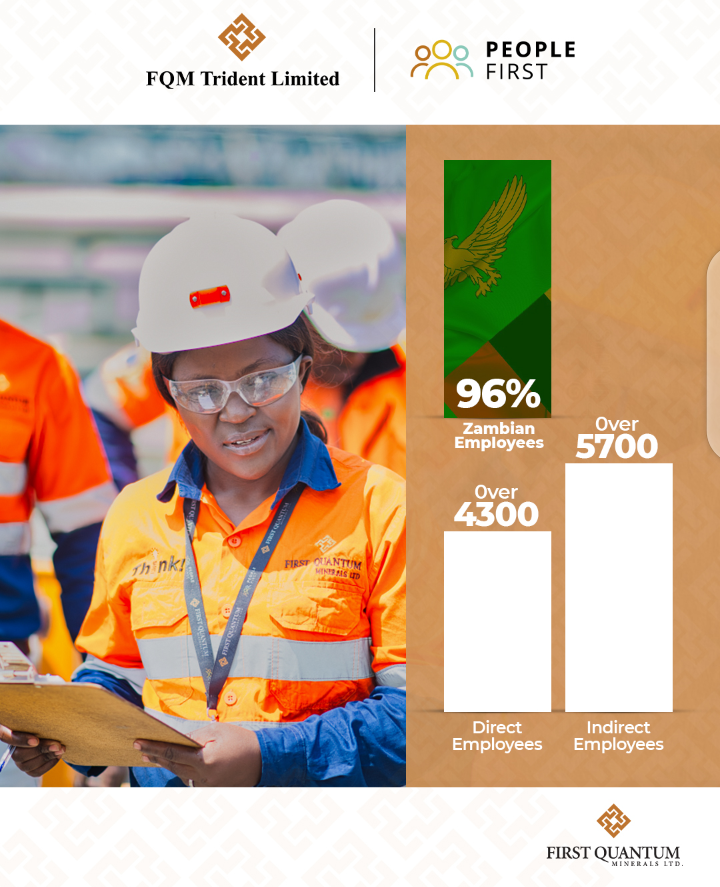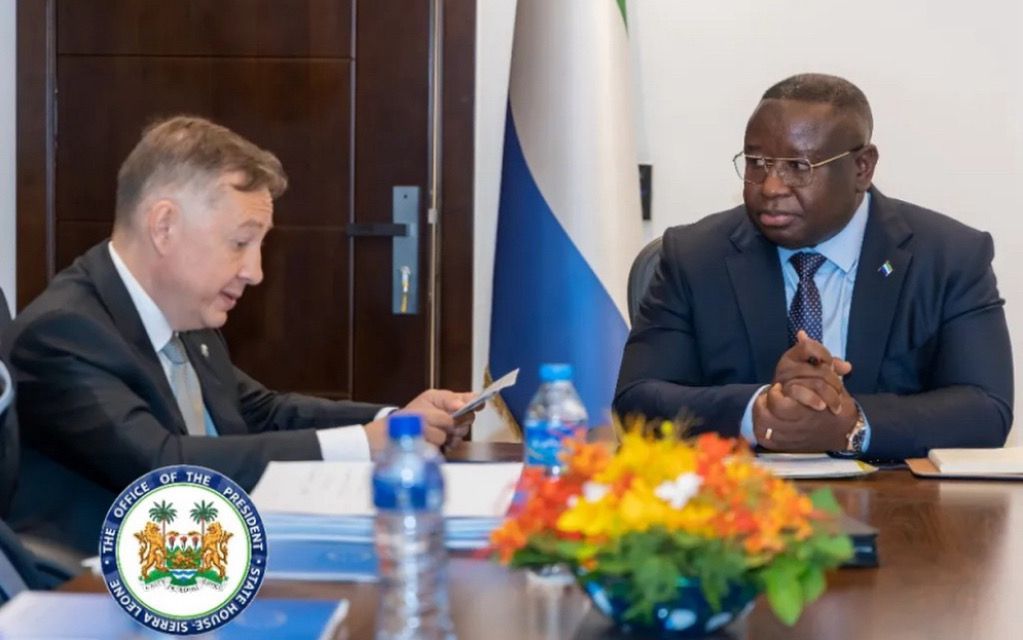(African Business Magazine)-There are many threats to open, free and fair trade in Africa, and few people are better placed to address them than Ngozi Okonjo-Iweala. The first African director-general of the World Trade Organization (WTO) and former two-term finance minister of Nigeria believes the major threats are deep, structural, and mostly internal to the continent.
“I think those threats are the poor logistics and infrastructure that should support trade on the continent, which we need to improve, and the bureaucratic elements that prevent movement of goods and services within the continent itself,” Okonjo-Iweala tells African Business in an interview.
“The lack of value added to our products is also a threat to increased trade,” she adds. “63% of the exports of the continent are still primary commodities [unprocessed raw materials] and it is a threat if we cannot transform those primary commodities into finished goods so we can really trade these things among ourselves.”
Okonjo-Iweala, 68, highlights the barriers many African businesses have accessing trade finance.
“We need to look at the trade finance gap, which is estimated by some to be $80bn [in Africa]. Those who want to trade – small and medium enterprises, big enterprises, cannot access the finance they need to really trade.”
Threats to African food security
On top of that there are global issues, such as the Covid-19 pandemic and Ukraine war, which have led to some “really serious setbacks” in Africa’s food security.
“There are 35 countries in Africa that import food or fertiliser from the Black Sea region. The war in Ukraine has made that very difficult.”
Access has become difficult since Russian President Vladimir Putin launched his full-scale invasion of Ukraine in February 2022, leading global food and fertiliser prices to spike. This is negatively impacting crop productivity and yield this year, threatening the food security of millions of Africans.
The WTO’s role is critical as one in five calories consumed globally are traded, Okonjo-Iweala says. The organisation has also agreed with the World Food Programme (WFP) to assure that the UN body’s humanitarian purchases do not meet any restrictions in any country. The WFP should be allowed to purchase humanitarian supplies for any WTO member without restriction and so that it can feed the almost 350m people in the world who are food insecure. Some 140m of them are in Africa.
The UN World Food Programme (WFP) classifies 25 countries as “hunger hotspots” in dire need of food and 16 of those are in Africa. The WTO is facilitating “open, free and fair” trade to ensure those countries have access to food, Okonjo-Iweala says.
“It is through trade that we can move some of the inputs and outputs that enable food to be produced,” she says. “Again, that means that the multilateral trading system underpinned by WTO needs to work and to function and we’re doing all we can to make that happen.”
But to allay food insecurity for millions over the long term, Africa needs to grow more of its own food, the head of the Geneva-based organisation says.
“We have absolutely no excuse because Africa has 65% of the cultivated arable land left in the world. We can not only feed ourselves but we can even feed others, so we need to mobilise to produce more at home.”
The average fertiliser application rate in Africa is 22kg per hectare, but seven times higher worldwide —146kg per hectare — meaning that the continent is lagging the rest of the world in the nutritional value of its fertiliser.
“We are really, really behind in terms of our use of fertilisers of any kind, and that has a big impact on productivity and production. If we’re going to produce more food, we need to look at that and the use of our land,” Okonjo-Iweala says.
“There’s no reason why we’re importing 100m metric tons [tonnes] of food. That’s what African imports annually, valued at about $75bn, according to the African Development Bank. And why are we spending all that money when we can produce our own food?”
Africa produces around 30m tonnes of fertiliser a year, but most of that is exported and then the continent imports 90% of the fertiliser it uses. Okonjo-Iweala points out that it is often cheaperfor an African country to import a product from abroad – from China or Europe for example – than from another African country, because the continent’s trade impingements make intra-African trade very expensive.
“We need to fix that, so that if people produce fertiliser on the continent, we’re not exporting it abroad, we are using it on the continent,” the WTO chief says.
Making the AfCFTA work
The development of the African Free Continental Trade Area (AfCFTA) is expected to galvanise trade on the continent, serving the world’s largest single market of around 1.3bn people. Over several decades, the AfCFTA is expected to deepen the economic integration of Africa, creating a trading region with a combined gross domestic product of around $3.4 trillion.
Asked whether the free trade area will be a gamechanger or whether governments are expecting too much from it,Okonjo-Iweala says: “I think the African Continental Free Trade Area is critical. It’s one of the key instruments to deliver on Africa’s agenda, Agenda 2063, and I believe that if it works, it will really be transformative for the continent.
“I think we should expect too much from it, because if we start having very low expectations, it will not deliver.”
For it to be a success, she says, it must be more than simply an agreement – it must enable African countries to add more value to their products and easily trade amongst themselves.
“Intra-African trade is about 18%. There’s no reason why that cannot double within the next decade or next two decades, if we solve some of the structural problems that we were talking about, making trade facilitation work better.”
Africa’s fight for a green future
Despite being rich in resources, many African countries missed out on the commodity price boom that began in the early 2000s. The continent has most of the minerals and precious metals required to help power a green global economy, such as lithium, copper, and cobalt. Yet so far, it has received some of the least investment in green energy projects, with most of it going to Europe, China, and the US. What can African countries do to not miss out this time around?
“This is a time for us to make sure we are part of the supply chains for these new products. And we’ve got the minerals that are actually looked for, many of them are on the continent. I think Africans really need to this time, in a concerted fashion, make a case for the part of this supply chain for electric-powered vehicles that everybody is trying to manufacture.
“But it’s not only for the minerals we have to be extracted and sent abroad to be processed. To be part of that supply chain, we should insist on agreements that process those minerals in place so we can also create jobs and actually lead us to add more value in the electric vehicle supply chain down the line. So our leaders need to make those deals and to get to Europe.”
Europe is a focus for Okonjo-Iweala, who in mid-March met with officials including EU Trade Commissioner Valdis Dombrovskis and EU Council President Charles Michel in Brussels to make Africa’s case for playing a crucial role in the green economic supply chain.
Climate change and a just transition that prices in the cost of carbon of transport will impact supply chains and trade on the continent. Africa will need to position itself to take advantage of the shifts.
“I often say that the future of trade is green. We have to accept that trade has to be part of the solution to climate change globally and on the continent. Africa is very well-placed for some of the new types of green energy that we need,” she says, citing the billions of dollars of investment in green hydrogen in Namibia as an example.
She believes the continent has what it takes to capitalise on the shifts.
“The issue is, are we organising ourselves to be seen as a friendly place where this investment can come in? It’s not going to fall on our laps,” Okonjo-Iweala says.
“We have what it takes to produce green hydrogen, we have what it takes for solar panels. We already have the natural ingredients to benefit from this green transition. But are we sufficiently making the investment case to the private sector? To see us as potential places to invest in these things? I’m not sure we are.”
The WTO chief urges Africa’s governments and private sector to step up to find partnerships to ensure that the continent is the best place to invest.
“Our governments need to step up so we can take advantage because I’ve seen investment moving elsewhere.”
Okonjo-Iweala says that many minerals in Africa have not yet been discovered and that the continent could be an even more powerful force in the move to a sustainable global economy than expected. African countries should make this case when trying to take advantage of the green transition, she says.




